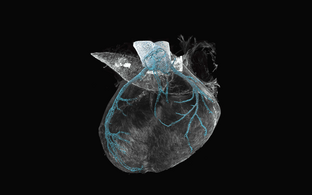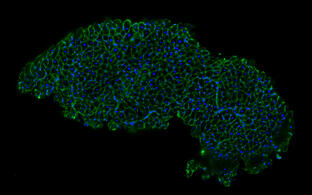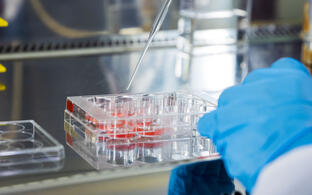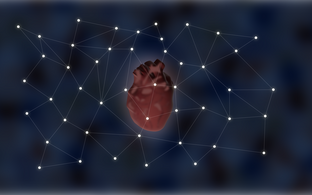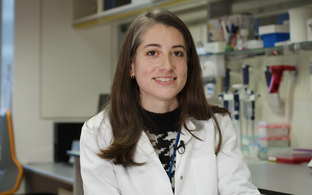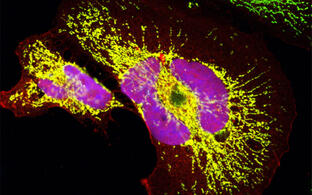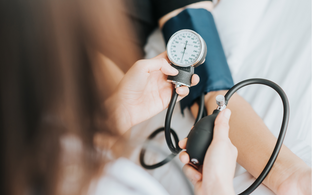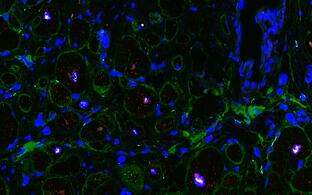
Hübner Lab
Genetics and Genomics of Cardiovascular Diseases
Profile
Often such perturbations of biological networks, induced by complete knockout or over-expression of individual genes, have been used to help understanding the molecular basis of human diseases.
We are applying novel large scale technologies and advanced computation in multidisciplinary approaches to expand the systems concept and to accelerate discovery of gene networks underlying complex cardiovascular and metabolic disease phenotypes in the rat model, and we translate the findings to the molecular pathology of related human disorders.
Our particular interests are inflammatory and metabolic genetic risk factors that lead to cardio- and cerebrovascular target organ damage. Any layer of regulation can affect expression of a gene, and we are more and more interested to look not only at the genetic variation regulation of gene expression but also at effects in posttranscriptional and epigenetic processes of complex disease.
We are interested in all levels of regulation in the rat and human. We are using integrated approaches involving methods like RNA-seq, ChIPseq and ribosome profiling, and we have already shown that translational regulation is extensive in the left ventricles and livers of the BN-Lx and SHR rat strains.



